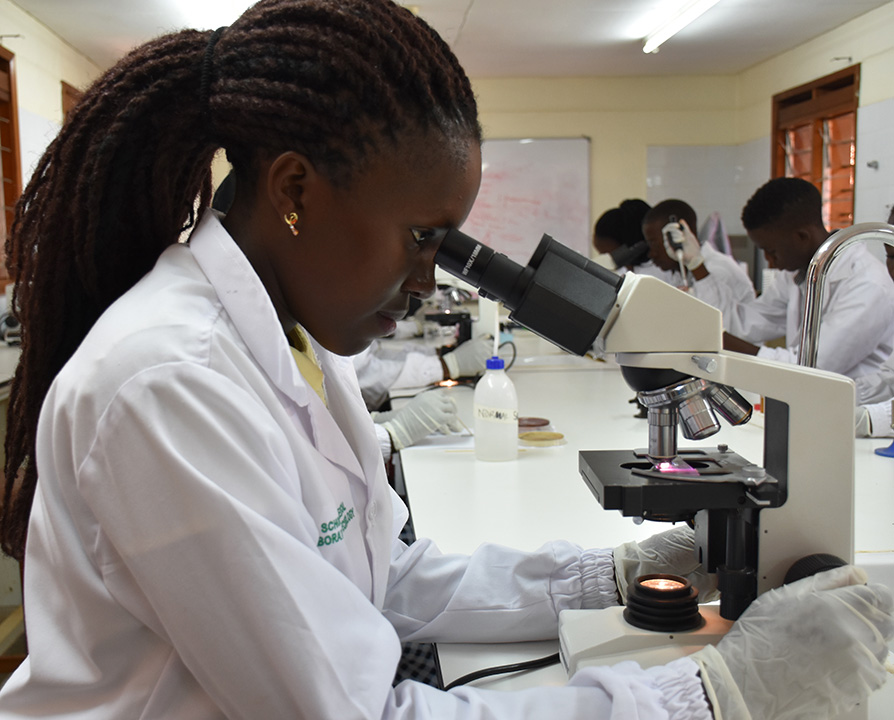- Give & Donate
- Reports
- Mildmay Hospital
- Mildmay Institute
- Mildmay Research

Qualitative Insights Reveal Strengths and Challenges in HIV-Differentiated Service Delivery Models
A recent study assessed client and healthcare provider perspectives on Uganda’s Differentiated Service Delivery Models (DSDMs) for HIV care. Conducted across eight districts, the study involved interviews and focus group discussions with people living with HIV, healthcare workers, and key stakeholders. The findings highlighted that community-based models, like Community-Client-Led Drug Distribution (CCLAD) and Community Drug Distribution Points (CDDP), improved treatment adherence, reduced travel time, minimized waiting periods, and lowered stigma.
However, concerns about sustainability due to heavy reliance on donor funding were raised, with fears of potential discontinuation. Additionally, challenges with HIV status disclosure, managing opportunistic infections, and adherence to appointments remain. Despite these hurdles, the CCLAD model stood out for its self-sustaining approach, where clients supported each other in collecting medication.
The study emphasizes the need for sustainable strategies and cross-subsidization to maintain these effective models beyond donor funding, with the potential for achieving comparable or better ART outcomes than traditional facility-based models.
See full article here: https://link.springer.com/article/10.1186/s12981-024-00637-0?utm_source=rct_congratemailt&utm_medium=email&utm_campaign=oa_20240727&utm_content=10.1186%2Fs12981-024-00637-0